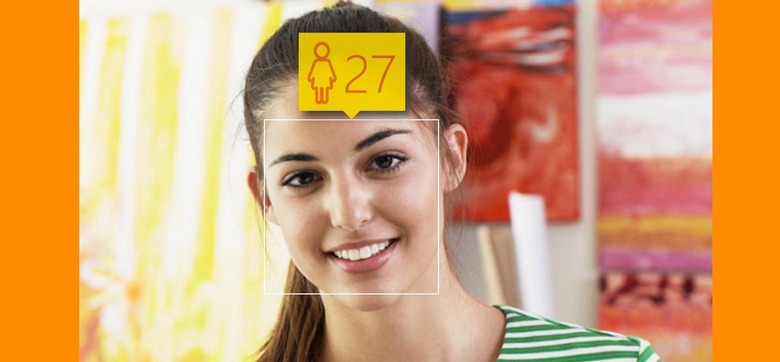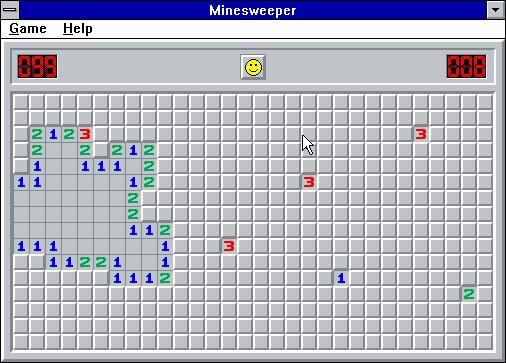How Sly Dog Microsoft Is Using Fetch! To Feed Us AI
Are weird apps like Microsoft's Fetch! the definition of Nero fiddling while the PC market burns, or is the Windows-maker cracked the code on consumer artificial intelligence? Fetch!, the latest gimmick from the Microsoft Garage idea incubator, sounds like a fairly pointless idea at first – identifying what breed of dog you show it – but it hides a cutting edge heart.
Fetch! is actually just the latest in a series of web apps by Microsoft which, although at first glance are vaguely silly toys, hide some serious machine learning and artificial intelligence tech behind them.
In the case of the canine identifier, Fetch! takes a photo of a dog and then tries to figure out what breed it is by comparing it to its database of similar images. If you try to fool it by showing something that isn't a dog, it'll make an educated guess as to what that might in fact be.

Look at Microsoft Garage's track record and you could be forgiven for thinking the company has taken internet memes to heart. Howold.net, TwinsOrNot.net, MyMoustache.net, and Mimicker Alarm all have faintly ridiculous, single-use premises like calculating your probably age from a picture, but in reality I think they're fairly genius ways of not only broaching AI with the mass market, but giving them a taste of it that will make them want more.
It might not get the same kudos as Apple or Google, but Microsoft does have a track record of easing everyday users into new ideas in a non-threatening way.
Back in the Windows 3.1 days, for instance, Microsoft included Minesweeper in every install. The bomb-hunting game wasn't just intended as a casual distraction, but also helped newbie mice owners to get to grips with the ideas of precisely pointing and differentiating between the two buttons.

The idea of needing your hand held while you get used to point-and-click might sound ridiculous now, but today we face an arguably exponentially-greater challenge of getting users comfortable with artificial intelligence and machine learning.
At the heart of Fetch! is Project Oxford, Microsoft's machine learning engine. Announced at Build 2015, the company's developer event last year, it offers app makers a way to tap into deep neural networks without having to understand how they actually work.
In Fetch!, for instance, the AI was given a stack of dog photos and left to figure out what linked them, rather than simply being taught that a beagle looks one way while a corgi looks another. Project Oxford can do face recognition, photo analysis, speech processing, and even understand natural language, all things which are likely to be instrumental in the next generation of apps and further afield like smart homes and self-driving cars.
They're also things that can cause consternation among users – "the computer can see my face and pick me out in a crowd?" – along with confusion.
Part of what makes Fetch! interesting on that front is that it tries to show not only the capabilities of AI, but how it could be useful, too. The experience doesn't end at telling you what breed of dog you've shown it: it unlocks useful tips, like what sort of care the animal might require, while in the app version it'll help owners piece together an evolving scrapbook of their pet.

Even the error message is couched in user-friendly – and compelling -terms. Upload a photo of a table, for instance, and you'll get a simple "No Dogs Found" message; show it a picture of a person, though, and Fetch! jokes along, trying to match them with a possible animal. Cher, apparently, is like an Afghan Hound: aloof, a couch potato, and demanding daily brushing.
NOW READ: Mark Zuckerberg is making Iron Man's Jarvis
Hardly coincidentally, it's all reminiscent of how Cortana, Microsoft's virtual assistant on Windows PCs and phones, isn't afraid to use a little snark to make her interactions more human.
The future of computing and the rise of artificial intelligence isn't going be centered on spotting what's on the end of your leash, but the speed at which it's embraced will depend on how welcoming or wary the mass market is of the concept.
Rather than Google's scary cloud watching and analyzing everything you do, Microsoft's more playful way of demonstrating just why AI is compelling could give it an edge when the cloud goes cognizant.
